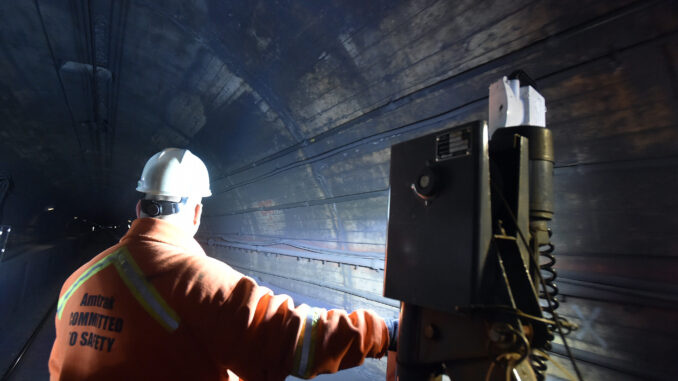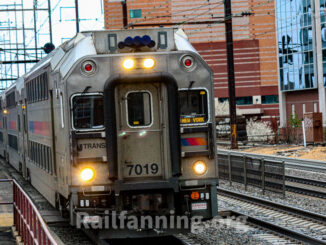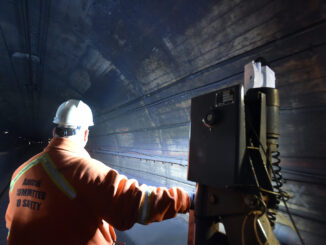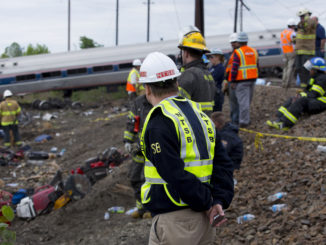
(The Center Square) – The price of a new tunnel between New Jersey and New York City has increased by about 6% but remains lower than four years ago.
The Hudson River Tunnel’s cost has increased from $11.6 billion to $12.3 billion, but it is lower than the 2017 estimate of $12.7 billion. The cost is included in a new financial plan from the Gateway Program Development Corporation, which oversees the project.
The $12.3 billion estimate includes $10.1 billion to build the new tunnel and $2.2 billion to rehabilitate an existing tunnel. Project planners want $5.6 billion in Federal Transit Administration (FTA) Capital Investment Grant (CIG) funding, and Amtrak will contribute $1.4 billion to the project.
“The Hudson Tunnel Project is of the utmost importance to the economic well-being of New Jersey, our region, and our country,” New Jersey Gov. Phil Murphy said in a statement. “The updated financial plan that is being submitted today exhibits the commitment of our state and that of our partners to the commencement and completion of the single largest critical infrastructure project in the United States.”
The current tunnel has two tubes, each with a single track, extending about two-and-a-half miles from North Bergen, New Jersey, to Penn Station. The tunnel carries Amtrak and NJ Transit trains on the Northeast Corridor.
The project intends to rehabilitate an existing 110-year-old Amtrak-owned tunnel and build a new tunnel that trains can use while rehabilitating the existing tunnel.
Major construction on the new tunnel is expected to start in August 2023. Gateway officials were quick to blame former President Donald Trump for the cost increase, saying the project languished during his term in office.
“What’s important is that the project didn’t advance in the prior administration, and the Biden administration, in stark contrast, has been supportive,” Bloomberg quoted Amtrak Chairman Anthony Coscia as saying in an interview.
Earlier this year, the Federal Railroad Administration (FRA) and FTA issued the Final Environment Impact Statement and Record of Decision for the project. The FRA started the environmental review process required under the National Environmental Policy Act of 1969 (NEPA) in May 2016.




